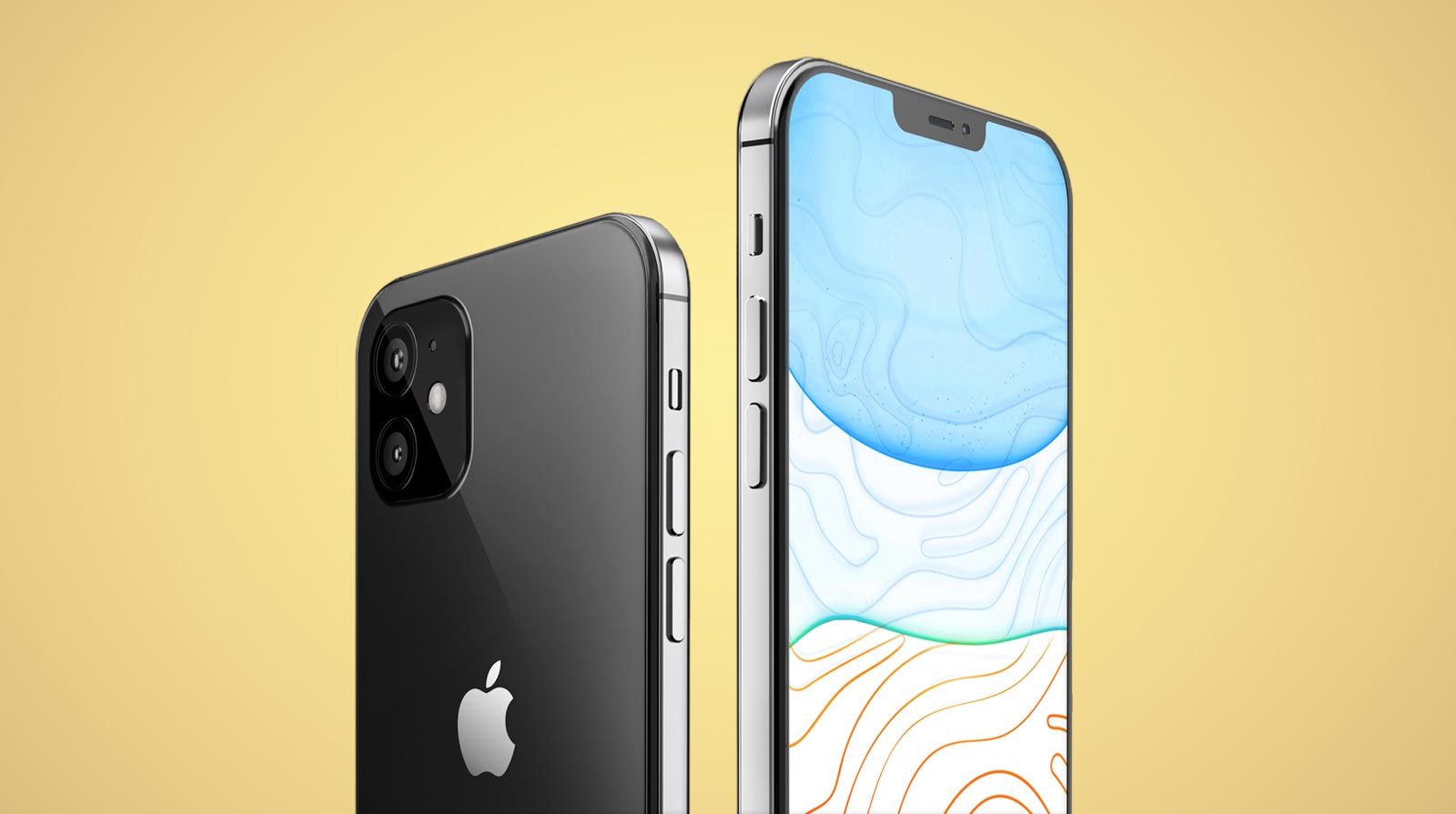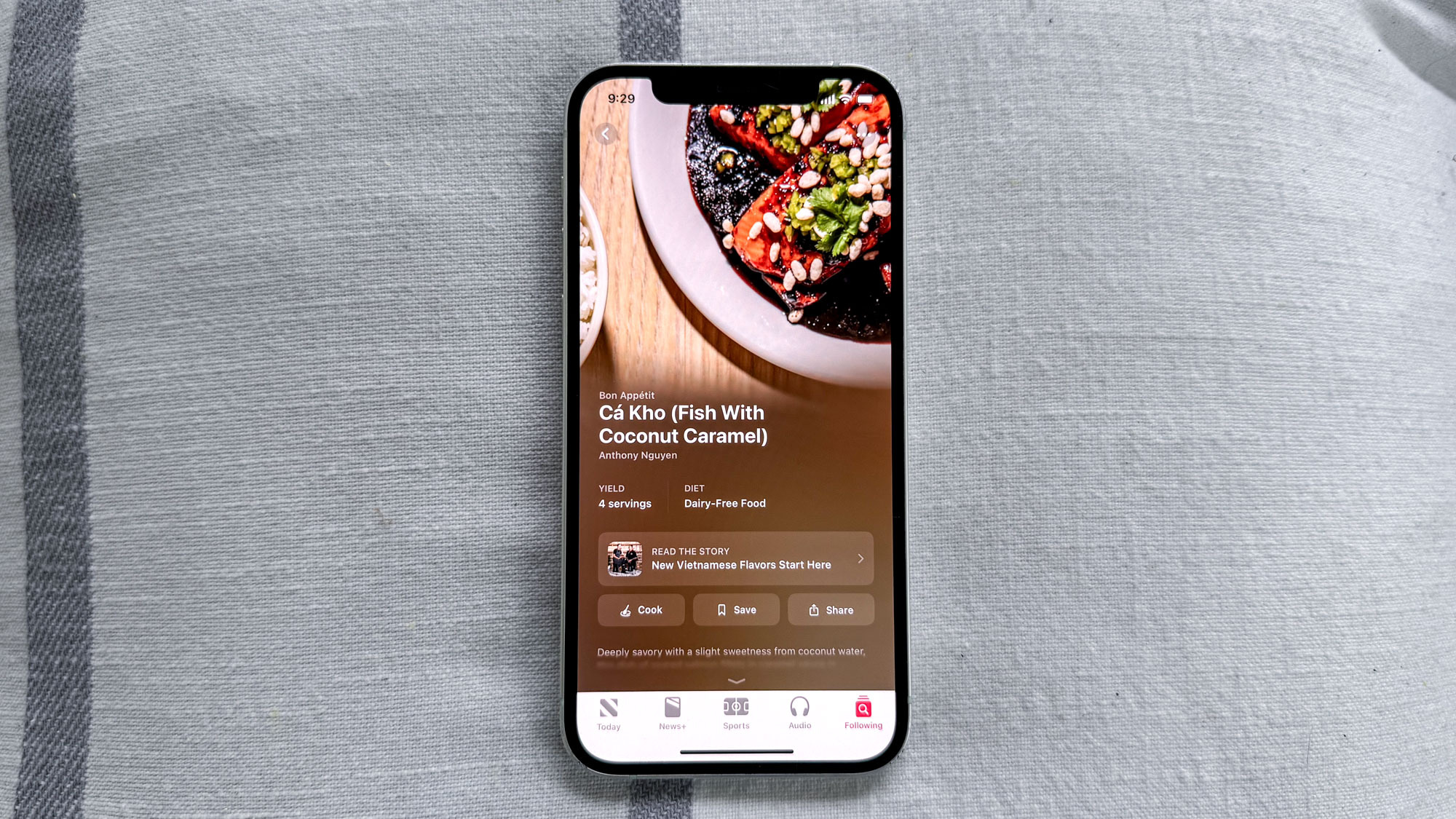iPhone 12 production begins next week — but there's bad news
The iPhone 12 should be ready for an October launch, but the iPhone SE may not be updated for a long time

After battling through coronavirus-related delays, it looks as though the iPhone 12 is on track for an expected October launch. And of the four rumored models, the 6.1-inch iPhone 12 Max looks like it's going to get the biggest push out of the gate.
According to a report from Nikkei Asian Review, production for the iPhone 12 will begin in mid-September and then will ramp up between the end of September and early October. This lines up with what Apple has said about expecting a delay of a few weeks.
- iPhone 12 release date, price, specs and leaks
- iPhone 12 leak reveals surprise upgrade with magnets
- Just in: iPhone 12 release date just leaked
The Nikkei report has a bunch of other details, too, including that the AirTags accessory has already entered production and that Apple is increasing orders for iPads. But there's some bad news for the iPhone SE.
iPhone 12 release date schedule
Nikkei reports that Apple will start production with the "lowest-priced version with a 6.1-inch OLED screen and two rear cameras." Based on previous leaks we believe this model is the iPhone 12 Max. In fact, the publication says that this device accounts for 40% of the production orders.
We recently told you that Apple would produce the two 6.1-inch iPhone 12 models first, which would mean that the regular iPhone 12 Pro would get made at the same time as the iPhone 12 Max. This was based on a Digitimes report citing its Apple supply chain sources. That would leave the 5.4-inch iPhone 12 and the 6.7-inch iPhone 12 Pro Max to be delivered later.
So, it's possible that the iPhone 12 Max and iPhone 12 Pro could arrive in October and the iPhone 12 and iPhone 12 Pro Max would go on sale in November, but that is not confirmed.
No update for iPhone SE?
As popular as the new $399 iPhone SE has been for Apple, Nikkei reports that Apple currently has no plans to introduce a new version of this handset next spring. That would be a surprise given that shoppers might expect Apple to add 5G connectivity to make its best cheap phone more future-proof.
Sign up to get the BEST of Tom's Guide direct to your inbox.
Get instant access to breaking news, the hottest reviews, great deals and helpful tips.
For example, Google is following up its $349 Google Pixel 4a with a Google Pixel 4a 5G this fall, which will enable faster downloads where 5G networks are available. We'd also expect a faster Snapdragon 765G processor. However, the Pixel 4a 5G will likely cost more because of the addition of 5G, with the rumored price being $499.
The iPhone SE has proven so popular that analysts credit the device for allowing Apple to beat iPhone sales expectations for the most recent quarter while other phone makers were left reeling from the coronavirus economic fallout.
While this does seem like bad news for those looking for a cheaper iPhone, Apple could always change its plans.
Apple AirTags on the way
Last but not least, Apple has reportedly begun production on AirTags, a new accessory that will compete directly with Tile and the best keyfinders to help you find lost items.
The key difference between Tile and AirTags is that Apple is leveraging Ultra Wideband technology for its device, which will give the AirTags better accuracy and range. In addition, AirTags may work with an augmented reality app that allows you to hold up your iPhone and scan a room for AirTag-connected objects.
- iPhone 12 vs iPhone 12 Pro: Here's the biggest differences to expect
Mark Spoonauer is the global editor in chief of Tom's Guide and has covered technology for over 20 years. In addition to overseeing the direction of Tom's Guide, Mark specializes in covering all things mobile, having reviewed dozens of smartphones and other gadgets. He has spoken at key industry events and appears regularly on TV to discuss the latest trends, including Cheddar, Fox Business and other outlets. Mark was previously editor in chief of Laptop Mag, and his work has appeared in Wired, Popular Science and Inc. Follow him on Twitter at @mspoonauer.

